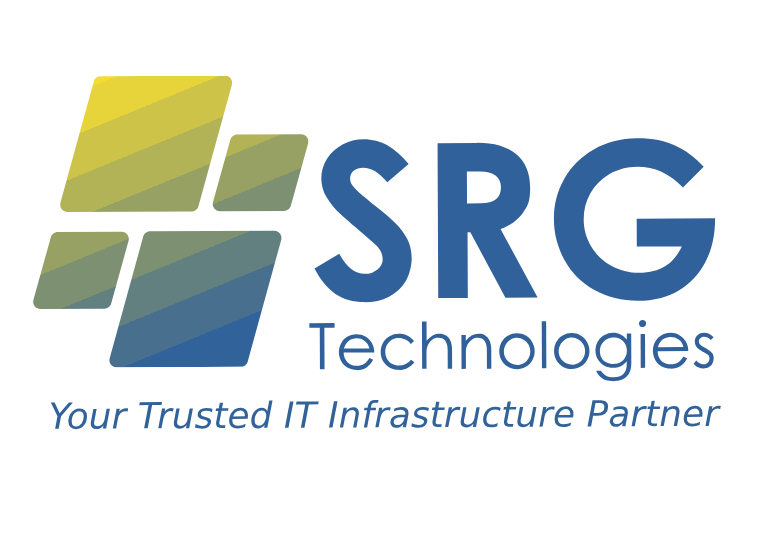Nowadays, businesses are constantly seeking ways to enhance efficiency, security, and scalability. The hybrid cloud model has emerged as the ultimate solution, offering a perfect balance between on-premise infrastructure and public cloud services. In this blog, we explore why hybrid cloud is the future of IT and why businesses should embrace this transformative approach.
What is Hybrid Cloud?
A hybrid cloud is a computing environment that combines private cloud, on-premise data centers, and public cloud services, allowing seamless data and application portability between them. This model enables organizations to leverage the best of both worlds—control and security from private clouds and scalability and cost-efficiency from public clouds.
The Key Benefits of Hybrid Cloud
1. Enhanced Flexibility and Scalability
One of the biggest advantages of hybrid cloud is its ability to scale resources as needed. Businesses can expand workloads to the public cloud during peak demand while keeping critical operations in a private environment. This ensures agility and prevents overinvestment in infrastructure.
2. Improved Security and Compliance
Data security and regulatory compliance are top concerns for organizations. With a hybrid cloud, sensitive data can be stored on a private cloud, ensuring compliance with industry regulations, while non-sensitive operations can take advantage of the cost savings and scalability of public clouds.
3. Cost Optimization
Hybrid cloud helps businesses optimize costs by allowing them to pay only for the resources they use. Organizations can maintain essential applications on-premise while leveraging public cloud services for fluctuating workloads, reducing unnecessary expenditures.
4. Business Continuity and Disaster Recovery
Disruptions and data loss can severely impact operations. Hybrid cloud solutions offer built-in redundancy, ensuring seamless disaster recovery and business continuity. With data backups in multiple locations, businesses can quickly recover from outages and cyber threats.
5. Seamless Integration with Legacy Systems
Many organizations still rely on legacy IT infrastructure. A hybrid cloud allows businesses to integrate modern cloud solutions with existing on-premise systems, ensuring a smooth transition without a complete overhaul.
The Future of Hybrid Cloud
As businesses continue to prioritize digital transformation, hybrid cloud adoption is expected to grow. Emerging technologies such as artificial intelligence, machine learning, and edge computing further enhance the capabilities of hybrid cloud environments. Companies that embrace this model will enjoy enhanced efficiency, innovation, and competitiveness in the evolving IT landscape.
Conclusion
The hybrid cloud is more than just a trend—it’s the future of IT infrastructure. With its unmatched flexibility, security, and cost advantages, businesses can drive digital transformation without compromising control or performance. SRG Technologies specializes in hybrid cloud solutions, helping businesses navigate this transformation seamlessly.
Are you ready to future-proof your IT infrastructure? Contact SRG Technologies today to explore how hybrid cloud can benefit your business.

